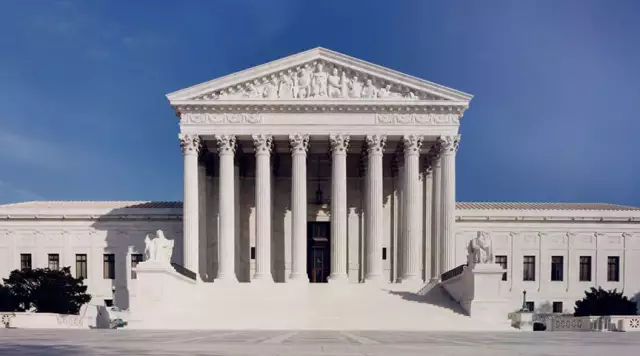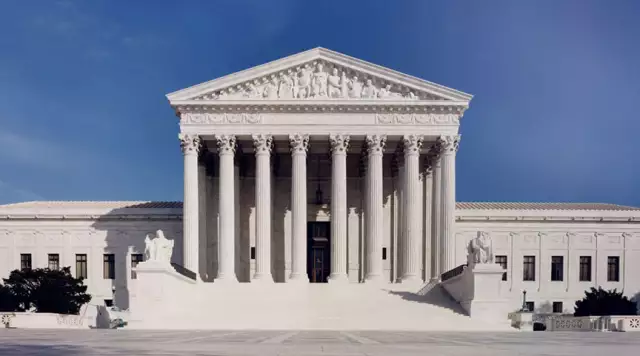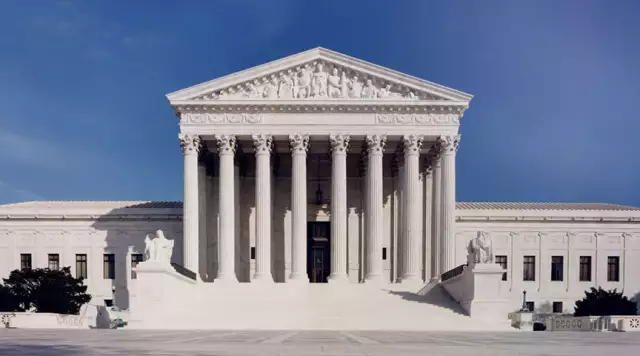What now after Supreme Court EPA case ruling?
While most of the world is worried about rising sea levels and extreme weather, the US Supreme Court did a puzzling thing. It limited the power of the Environmental Protection Agency and other federal agencies to regulate power plant emissions.
Last Thursday’s 6-3 ruling on the case West Virginia vs. EPA sets a precedent that could limit the capacity of all federal government agencies to establish new rules. Instead, states will be the leaders in power plant regulations. Rules will continue to range wildly between states.
Related: Hydropower sparks debate as New York fights for clean energy
“This ruling makes clear that the actions of governors and state legislatures are more important than ever before. Thankfully, state authority to curb greenhouse gas emissions has not changed,” said Democratic governors Jay Inslee of Washington, Gavin Newsom of California, and Kathy Hochul of New York in a statement. These three governors co-chair the U.S. Climate Alliance, 24 states who have pledged climate action. An optimist could say that’s almost half.
West Virginia brought the suit because it produces a lot of coal. In 2020, 88% of West Virginia’s electricity came from coal. Wind, hydropower, and other renewable sources accounted for only 6% of the state’s power.
Some of the ways states can decide to cut power plant emissions are by requiring utilities to source set amounts of energy from solar, wind or other renewable sources, or by developing their carbon markets. A carbon market is a way that countries buy and sell greenhouse gas emissions to try to adhere to their national limits. Emission reductions through things like solar farms become tradable assets.
However, state by state policies are a two step forward, one step back approach. While New York, Washington and California strive to get all of their electricity from non-carbon sources by 2045, states like Wyoming, West Virginia, and North Dakota want to make the most of all that coal they’re sitting on. Such a mixed effort from the US will hardly win a medal in the emission-reduction race.
Instead of talking about saving the world, Dan Farber of UC Berkeley’s Center for Law, Energy & the Environment thinks we need to emphasize money. As the cost of wind and solar decrease, many states will see the advantages of green energy. “If you talk about climate change there are a lot of places where that conversation is going to go nowhere,” Farber said, as reported by WHYY. “But if you talk about renewable energy and modernizing the energy system, there are a lot of red states where that has some traction.”
Via WHYY, Forbes, CNBC
Lead image via Pexels








